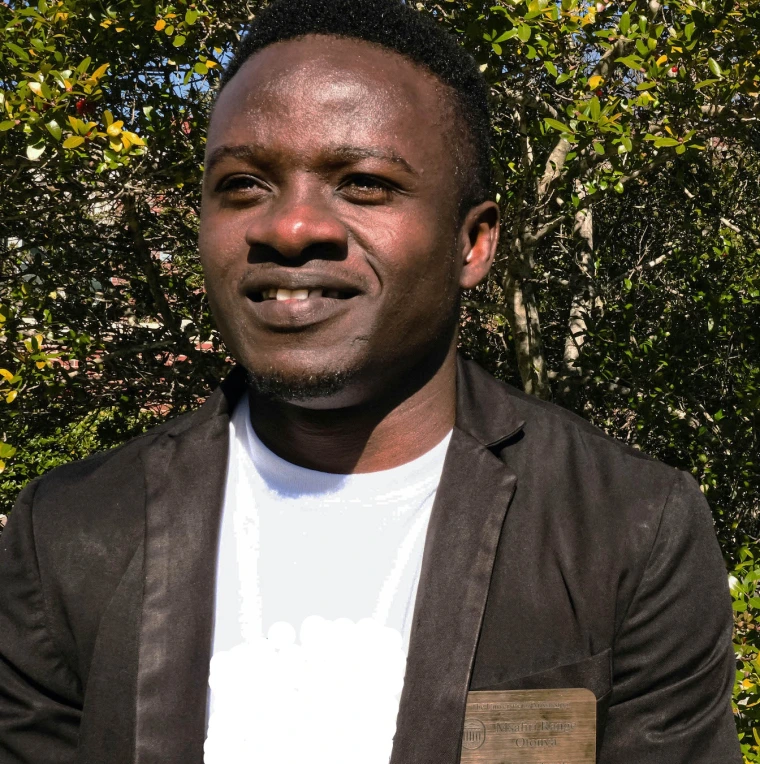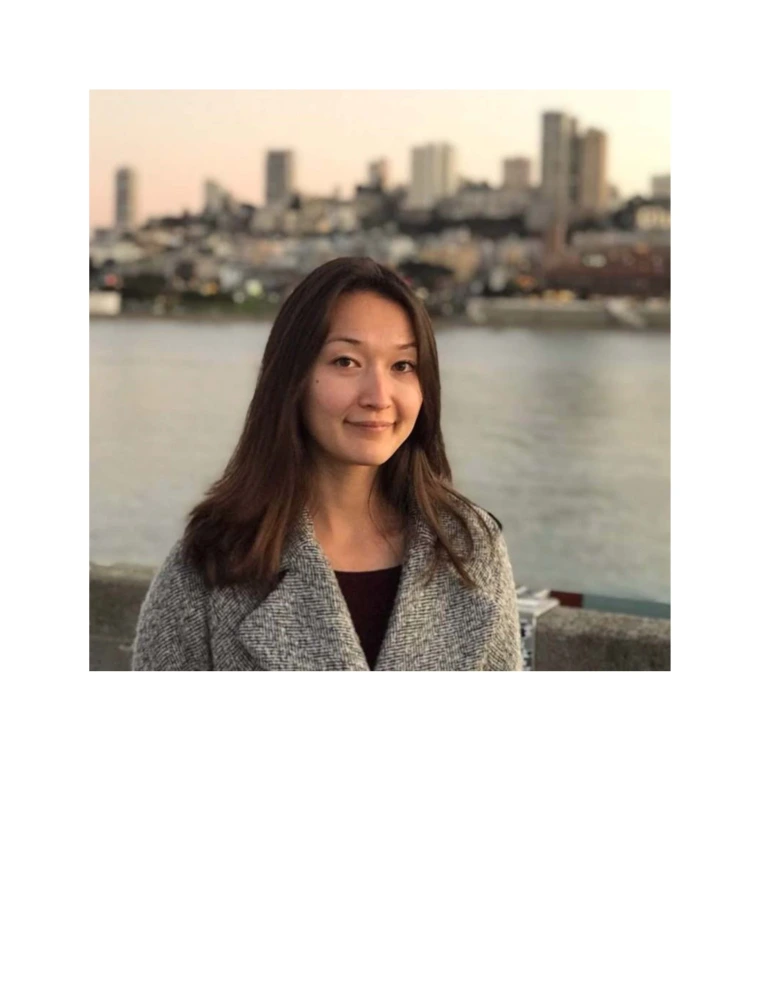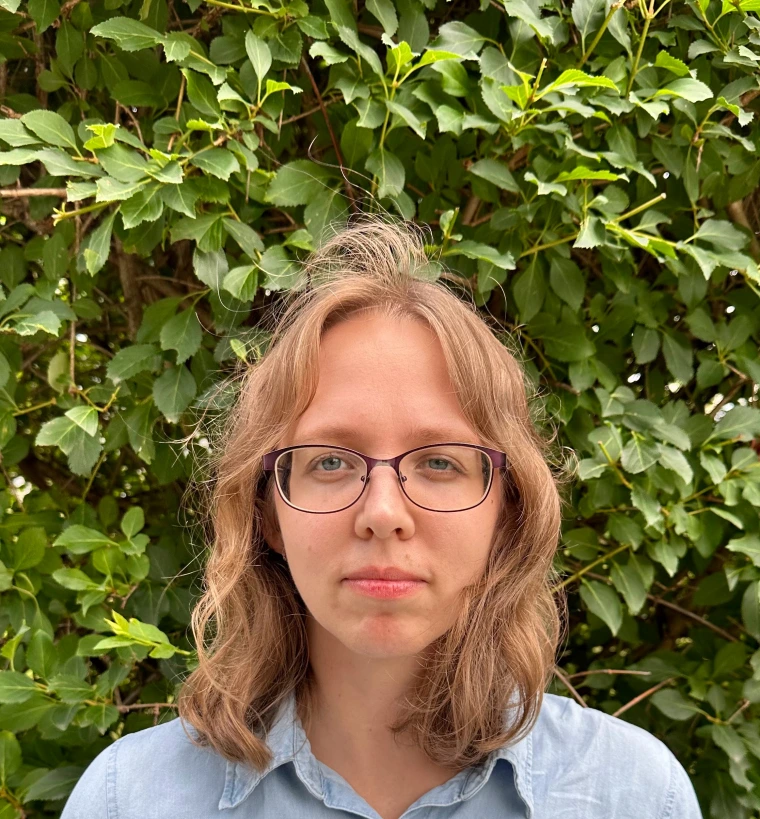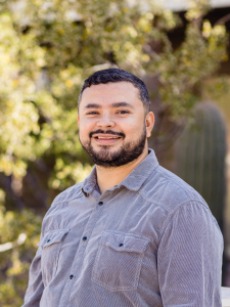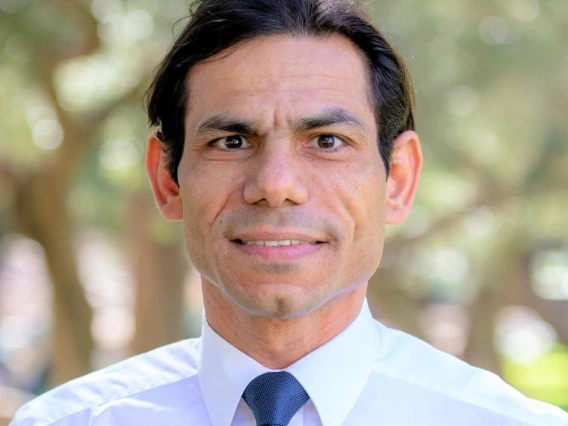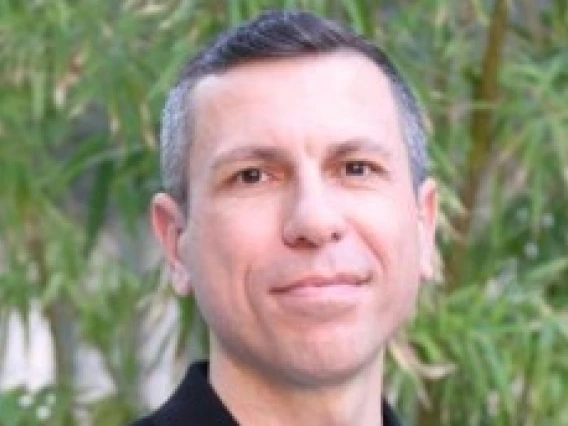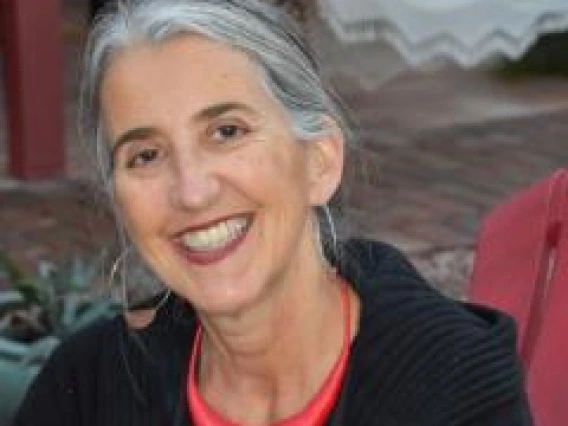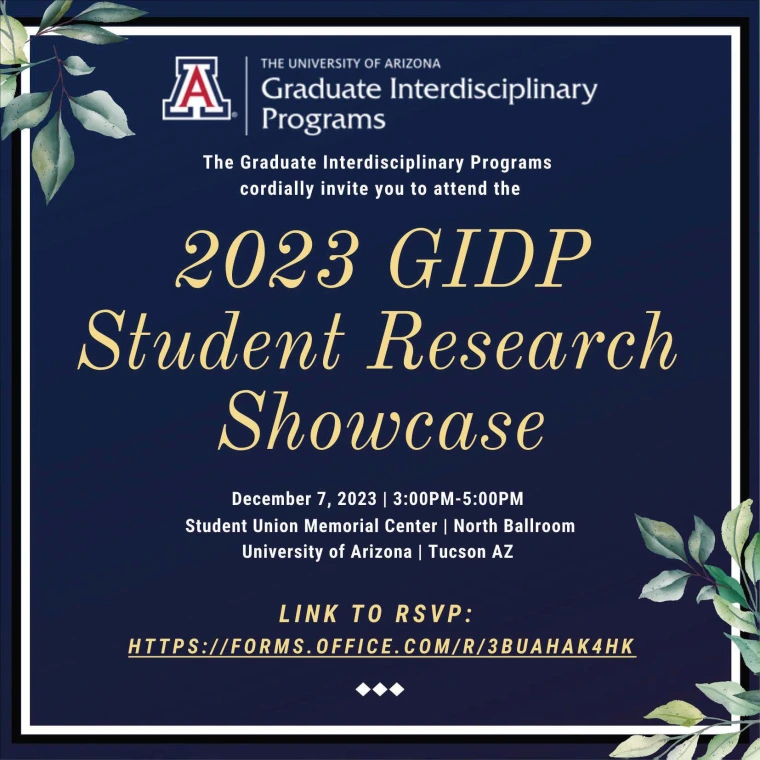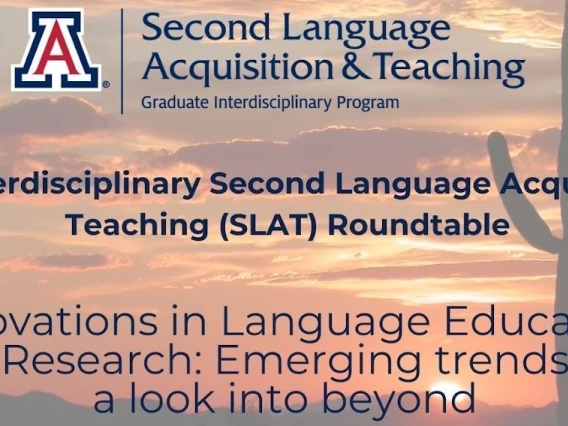Creating Visually Successful Teaching Materials for Language Learners
A workshop to learn how to create visually successful teaching materials for language learners
SLAT is offering an upcoming workshop about learning how to create visually successful teaching materials for language learners, which will be led by Dr. Gabriela Kleckova (the Plenary Speaker from this year’s SLAT Roundtable). The workshop will be held on Friday, April 19th, 10:00 am – 11:00 am on Zoom.
Workshop Description: Well-designed print or online teaching materials communicate information through textual content and carefully crafted visual design elements that scaffold the overall meaning. This characteristic of effective materials allows language learners to bridge the gap in their L2 knowledge and use non-textual tools to support their comprehension of the contents. The workshop starts with a brief overview of some basic principles of perception and processing of visual information. Then you’ll be taken step by step through the design process of a sample material. Each of the five steps - identifying the rhetorical situation, creating an inventory of items, composing, reviewing, and fine-tuning - is explored in detail. Moreover, “dos” and “do nots” for document designs are shared as each step is discussed. The workshop will conclude with a summary of essential tips for designing visually successful materials.
If you’re interested in attending the workshop, please RSVP here: https://forms.gle/SAQ7c1yPCmKK1PPG7 The Zoom link will be sent out a few days before the workshop to those who RSVP.
Workshop Facilitator Bio: Dr. Kleckova, Chair of the Department of English at the Faculty of Education, University of West Bohemia in Plzen, the Czech Republic, is a university professor, language teacher, teacher trainer, researcher, consultant, and materials developer. She started her professional career as a lower secondary school English teacher after receiving a master’s degree in education in the teaching of English as a foreign language in the Czech Republic. She received her M.A. and Ph.D. in English with a concentration in Applied Linguistics from The University of Memphis, Memphis, Tennessee, USA. She has taught a wide range of general English courses and ESOL professional courses for pre-service and in-service teachers of various cultural and language backgrounds. Her research interests include the effectiveness and utility of visual design of ELT materials, teacher education, innovation in education, and leadership. For TESOL’s 50th anniversary, she was named one of 30 emerging leaders shaping the future of the profession. Gabriela Kleckova served as TESOL president from 2021-2022.


